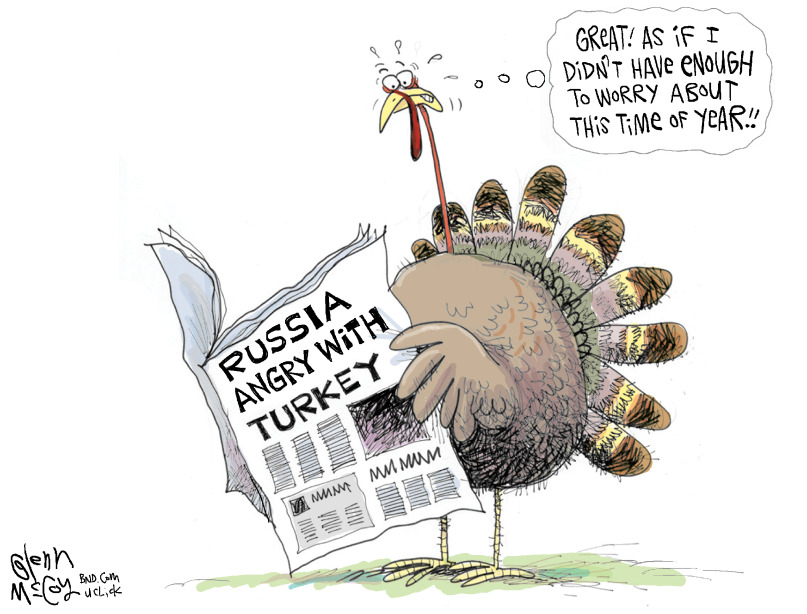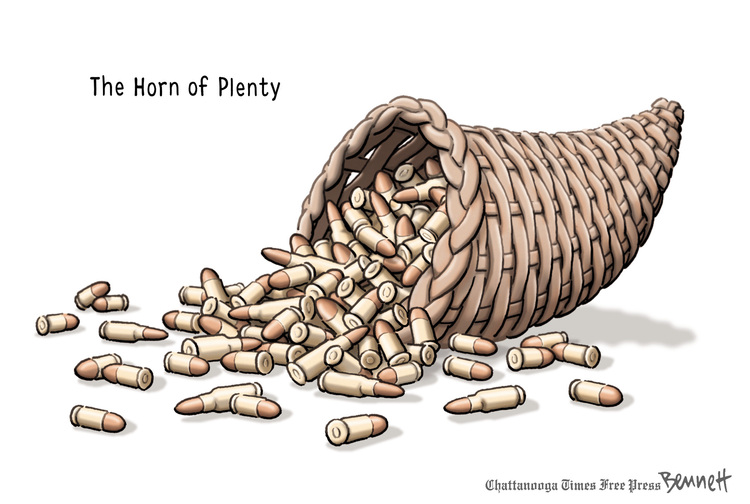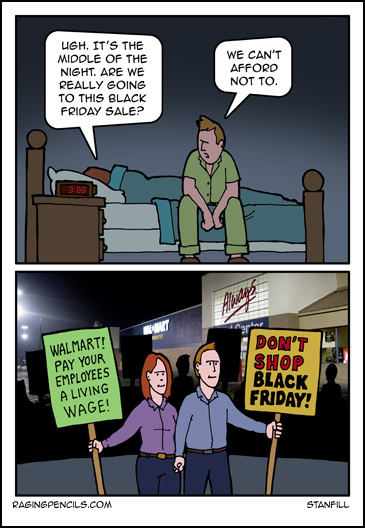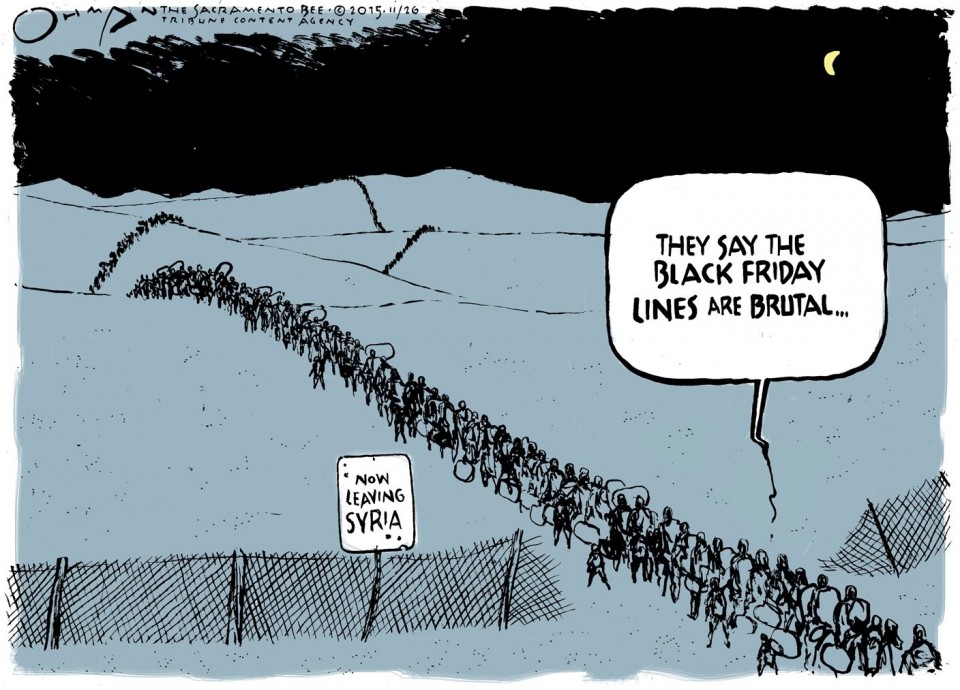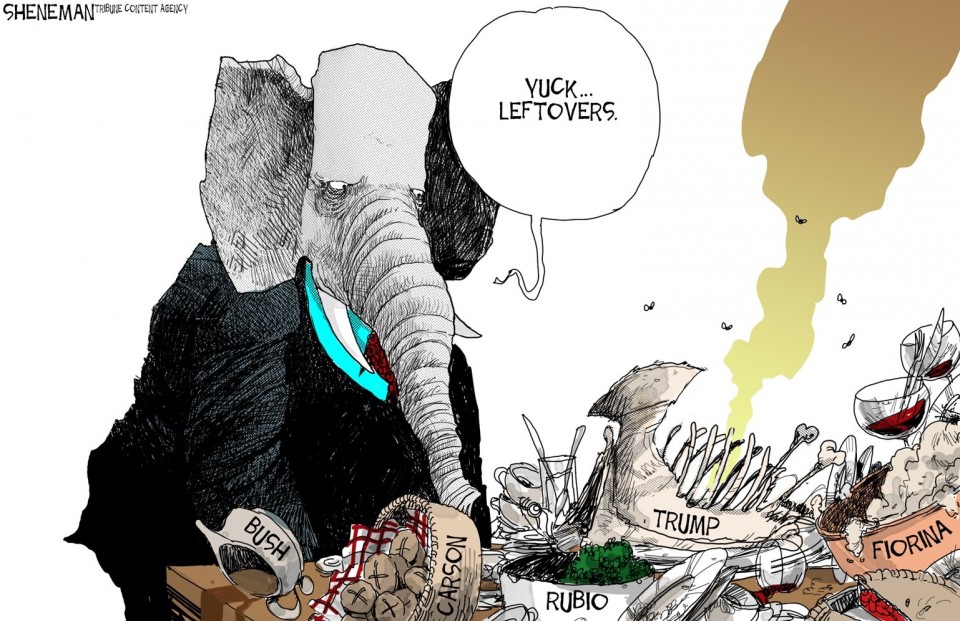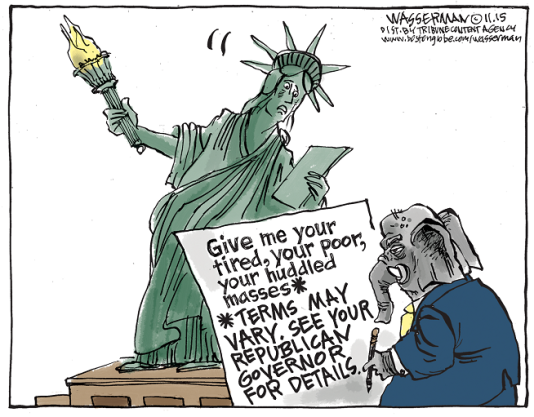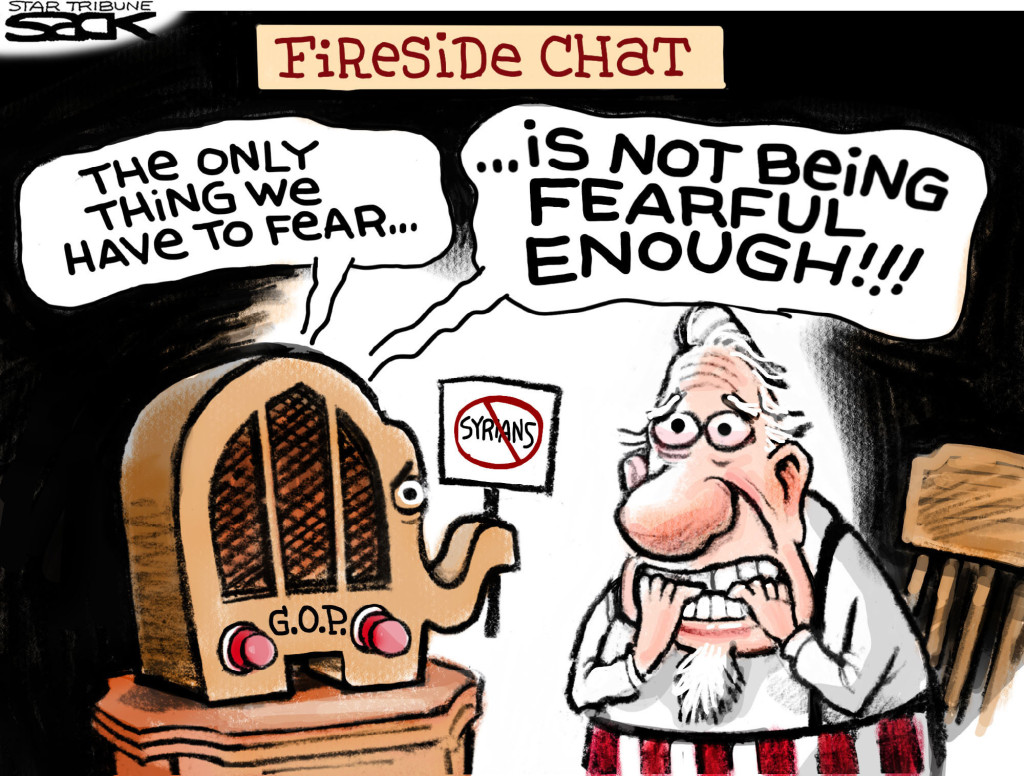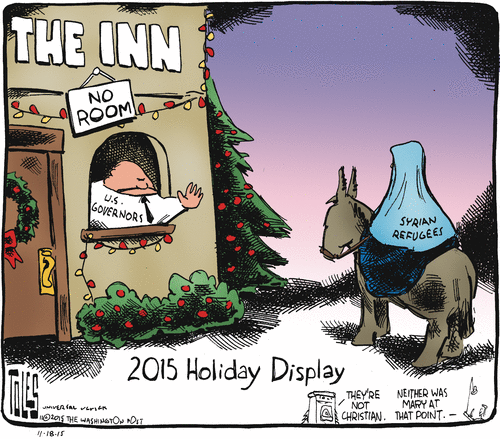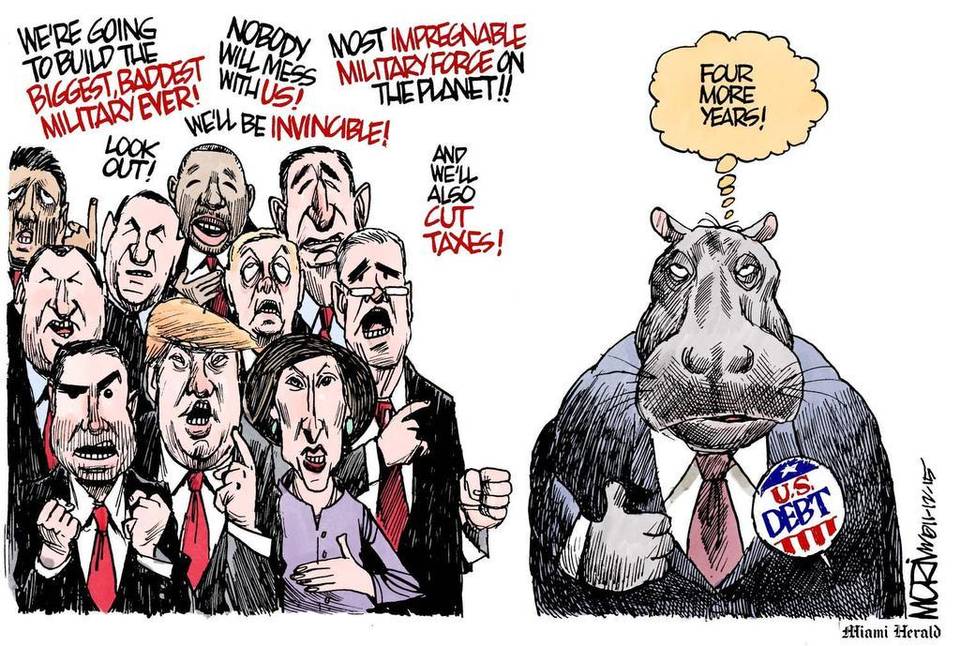“The only rules that really matter are these: what a man can do, and what a man can’t do” − Captain Jack Sparrow
Some may have seen Death Wish, starring Charles Bronson. The movie came out in 1974, a time of increasing fear of random crime, creeping distrust of life in our cities, and growing frustration with what the Right called the moral relativity of liberalism. The film resonated with the US public, and had four sequels over the next 20 years.
The context for Death Wish was New York City’s decline after the fallout from years of redlining, blockbusting, and failed urban renewal. The city’s crime stats began to rise. Son of Sam would arrive in three years, a Republican president would tell a bankrupt NYC to drop dead, and Reagan’s morning in America would usher in a decade of anti-city films bookended by Escape from New York and New Jack City.
So, the question for 2016 is: Does America have a death wish? Are we about to start another period when our cities are declining, and our fears are growing? There is plenty of evidence to support both, from urban decay in Detroit and Flint, Michigan to our fears of Muslims and immigrants, to the distressingly difficult geopolitical landscape for which we have no clear strategy.
In the case of Flint’s need to replace its water pipes, no government – local, state or federal, has any idea where the money will come to fix the problem.
And in the case of geopolitics, we chose to spend $trillions on defense and homeland security, while willingly giving up some of our Constitutional rights out of fear, but are still failing to stem the tide of persistent conflict.
And no candidate from either party is offering a coherent set of policy positions that will solve these issues. Consider that Donald Trump and Hillary Clinton, the two front-runners, offer a similar pitch: Trump’s “I know how to get things done” is the same as Hillary Clinton’s.
But what can get done?
Whenever we talk about a solving a big problem, what we say is: “We can’t do that.” But in politics-speak, “can’t,” doesn’t mean: “That’s impossible” or, “We don’t have the skills or money”. What we really mean is: “It’s too hard”.
Or the solution is outside our ideological comfort zone. Ian Welsh said in 2009:
While there are no problems that America has that America can’t fix, it also appears that there are no problems America has that America is willing to fix properly. And it doesn’t matter why.
The world won’t grade us on a curve. You need to jump the fence, and you can’t. You’re running away from a bear, and you don’t run fast enough, and you’re dead. You wanted to get into a good grad school, but you don’t have the grades or test scores.
As we enter the 2016 election process, this is where America is:
• We have been shipping our real economy overseas for 30 years
• Ordinary families have had wage stagnation for the same 30 years
• We’ve voted for lower taxes
• We’ve not paid for infrastructure reinvestment, or education, or much of our domestic needs
This is where America is, and we continue to struggle to find our way in both domestic and foreign policy, despite the growing criticality of our problems.
In 2001, we elected a president who had a conservative ideology, and under his watch, we had disastrous foreign wars and the Great Recession. So, in 2008, we elected a president who we thought had a vision for the future. Someone who spoke to our better angels, who would drag us out of a near-depression, who would focus on our domestic problems and get us out of war in the Middle East.
Like Jack Sparrow says, after 16 years of presidents with very different ideologies, neither could do most of the things they promised. And we are the worse for that.
Now it is time to elect a new savior, and no candidate looks ready for the job. But choose we must, and one of them will be the next president. If, after we make our next choice, our political divisions again prevent progress for another eight years, it may be the last presidential election we ever need.
Collapse of the state is not an event, it is a process. A process that we are in.
We are right on schedule.

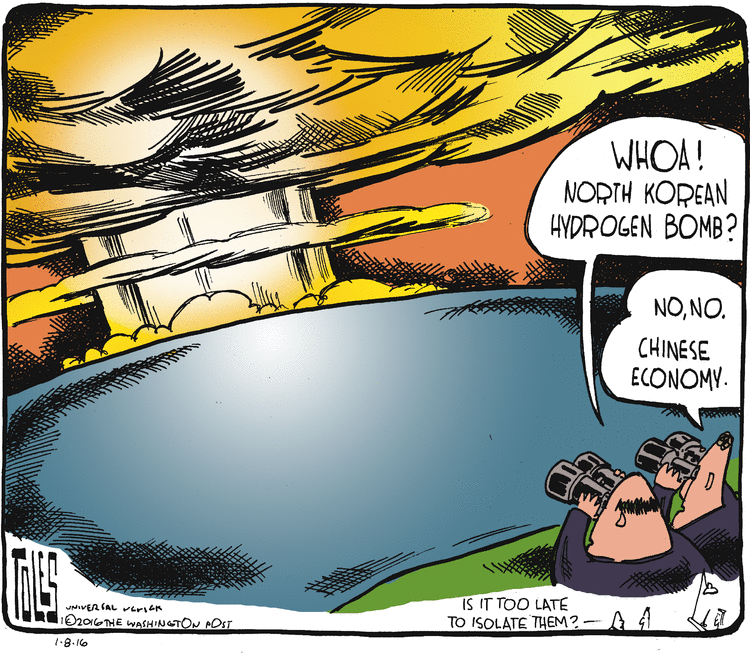
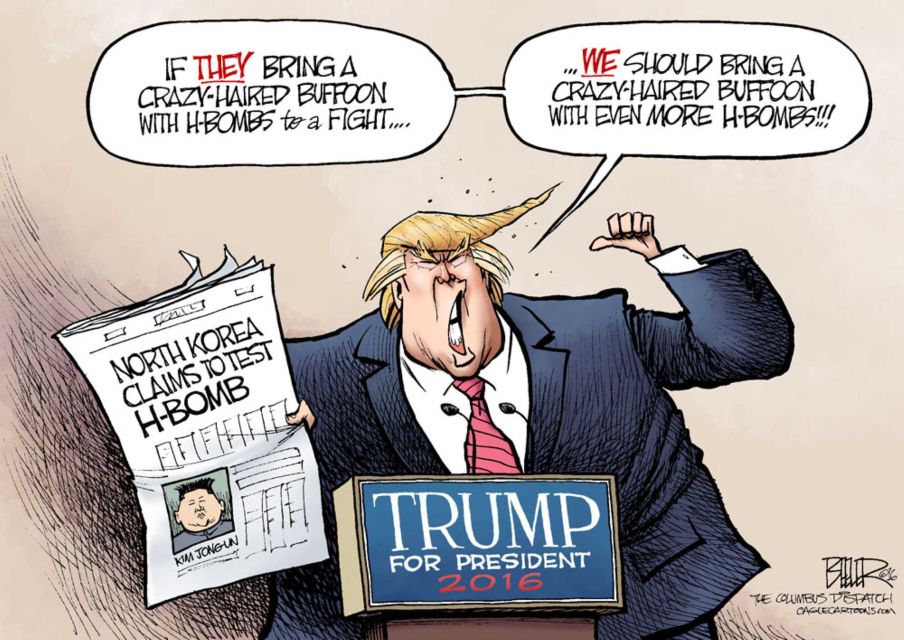
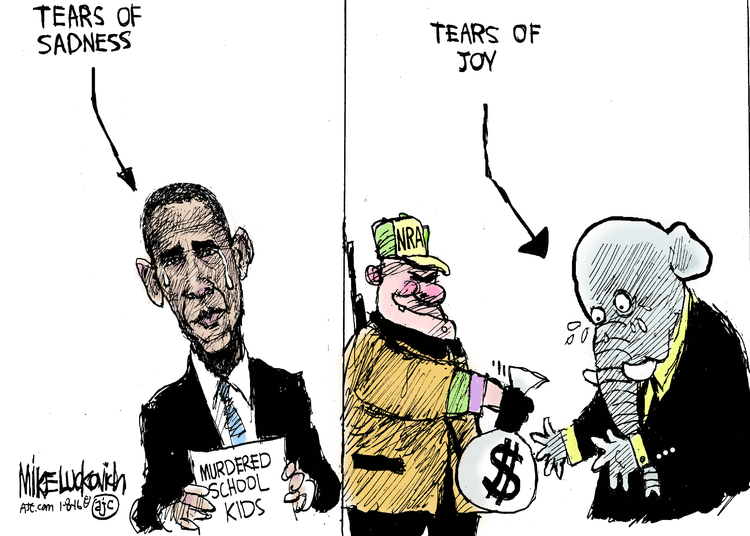 The logical conclusion of 2nd Amendment Absolutism:
The logical conclusion of 2nd Amendment Absolutism:
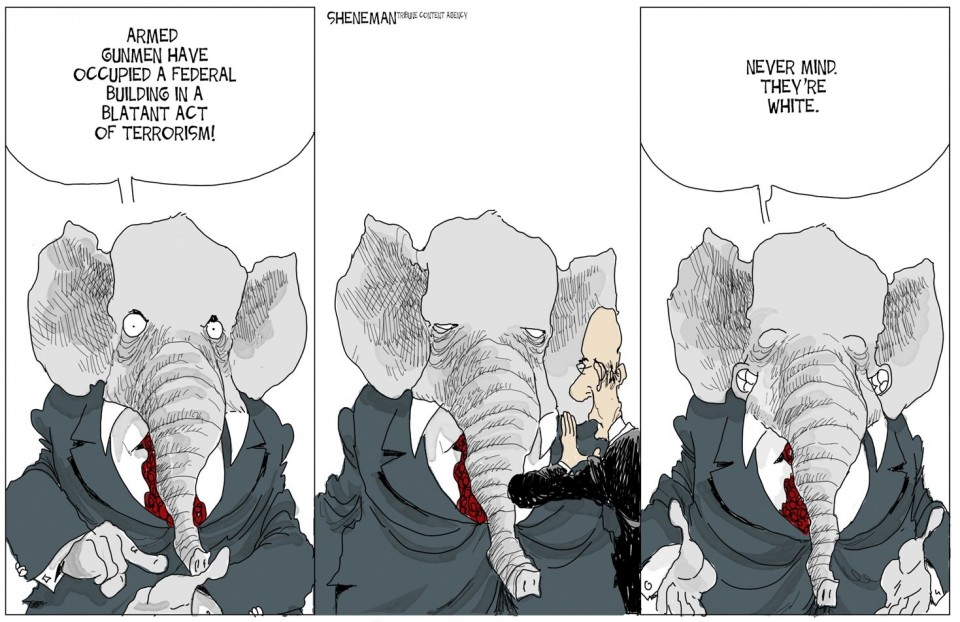 Saudi Arabia vs. Iran: Make sure we have no skin in their game:
Saudi Arabia vs. Iran: Make sure we have no skin in their game: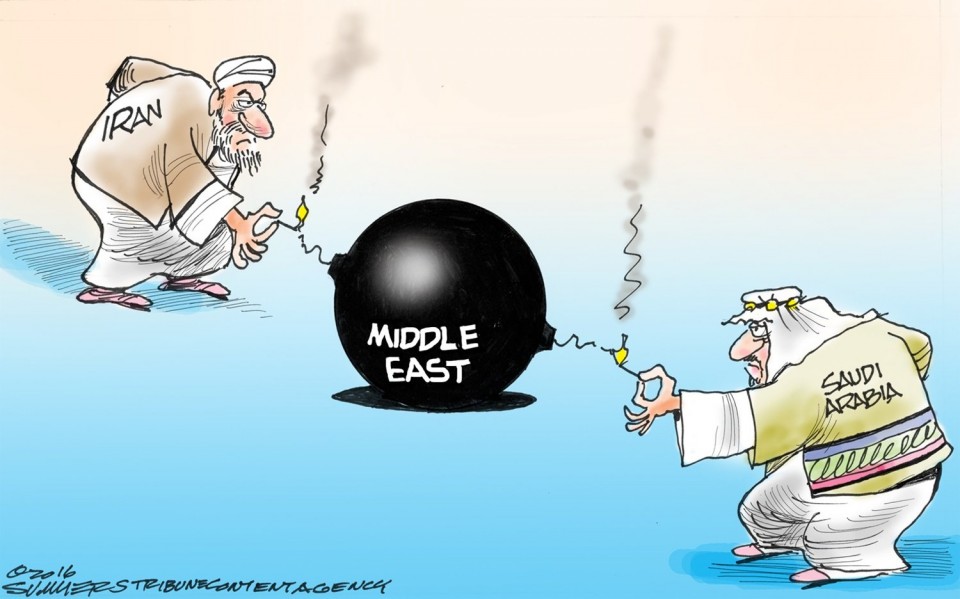
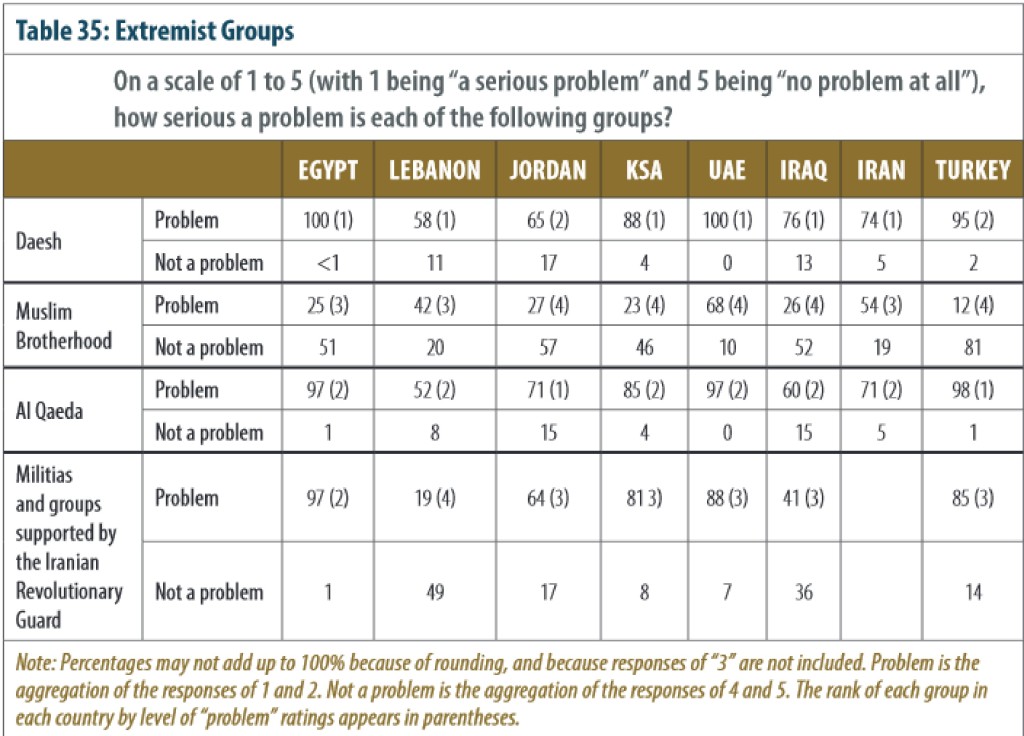 How best to defeat extremism? Respondents in every country said:
How best to defeat extremism? Respondents in every country said: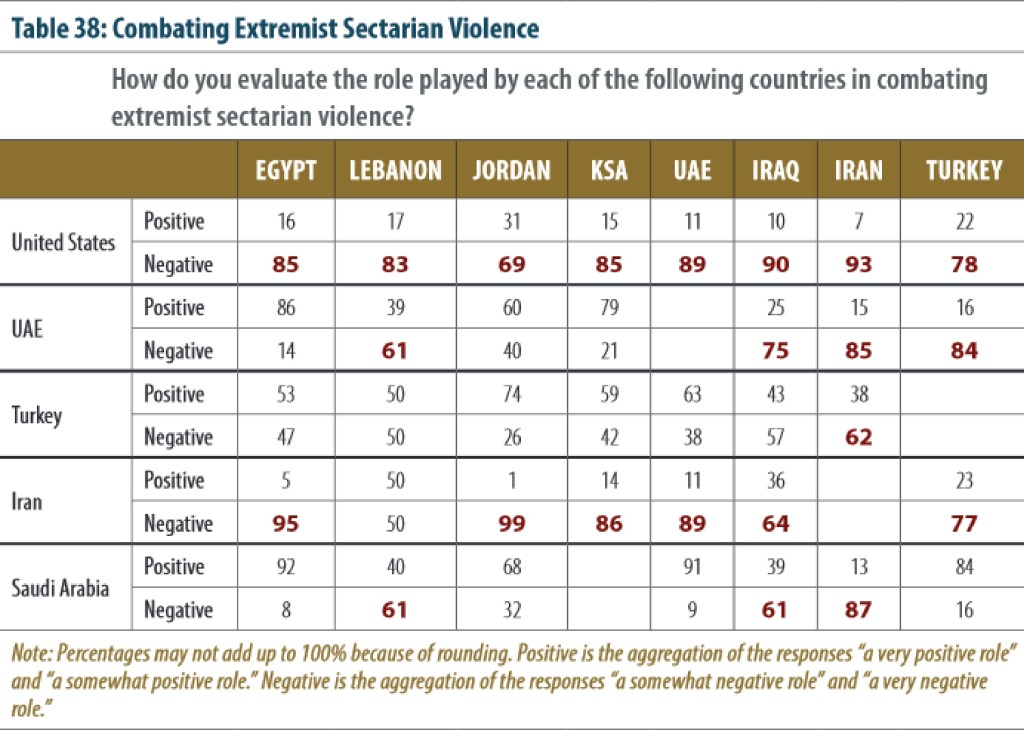 • Surprisingly to people in the US,
• Surprisingly to people in the US, 